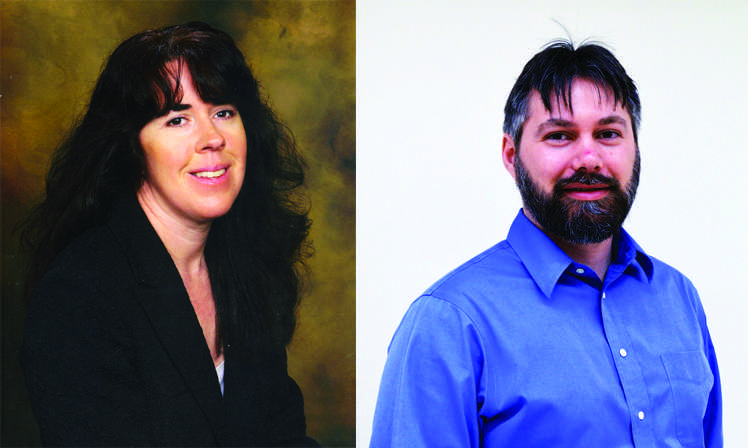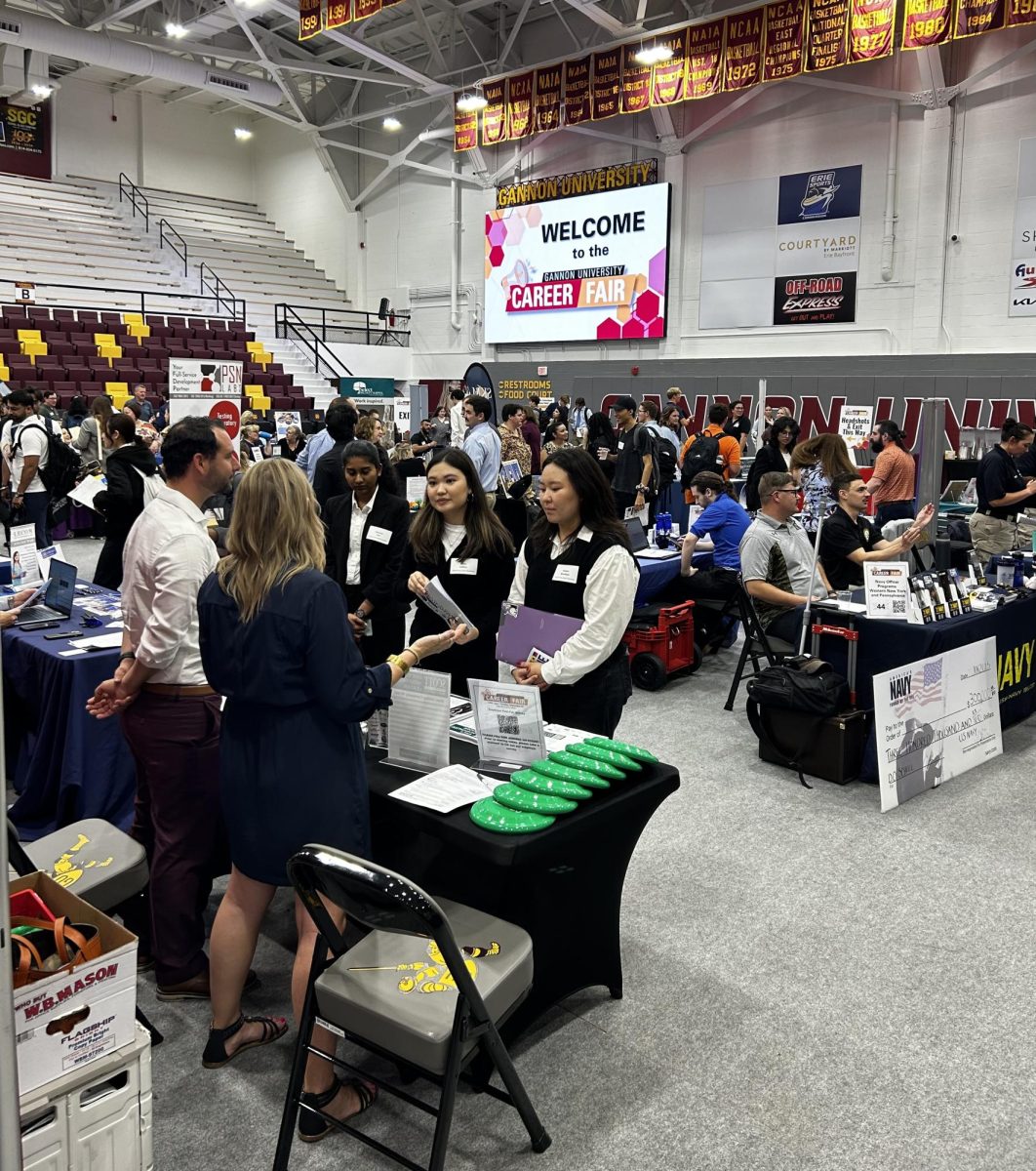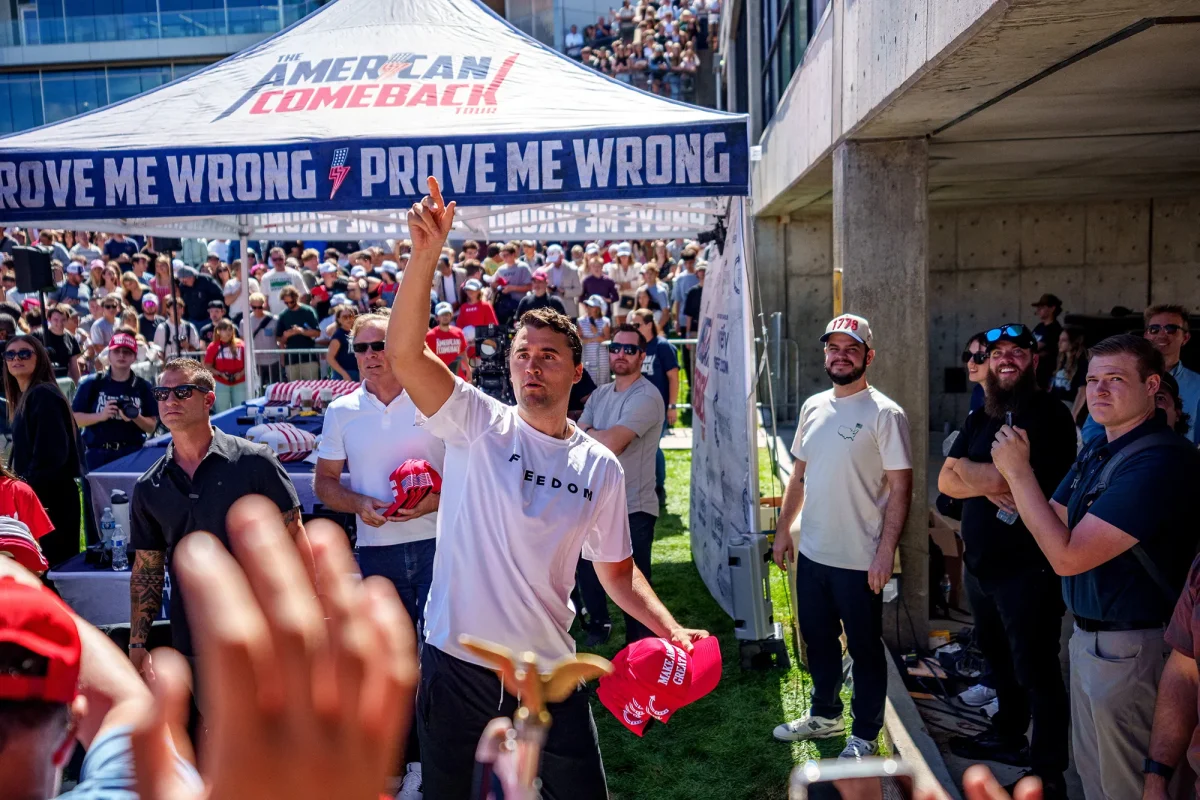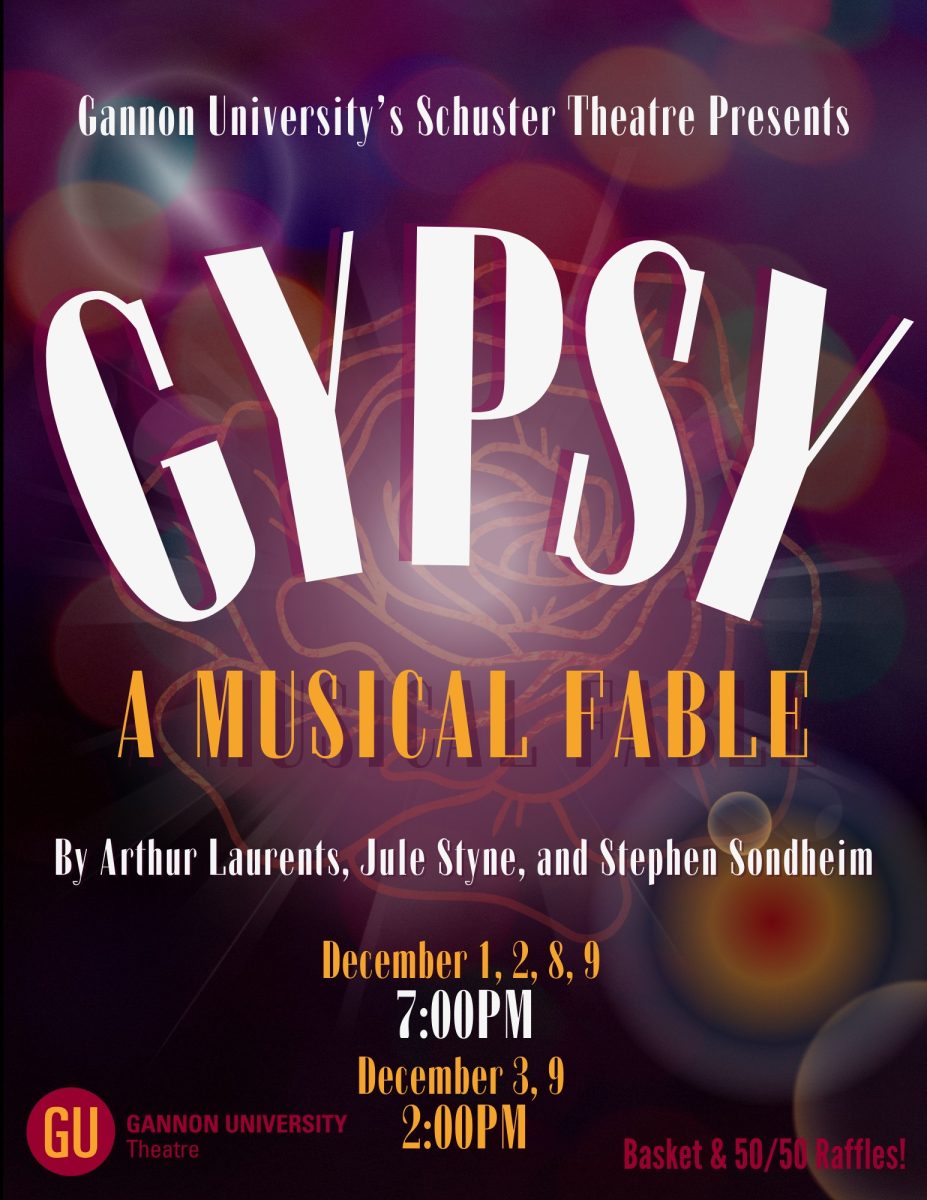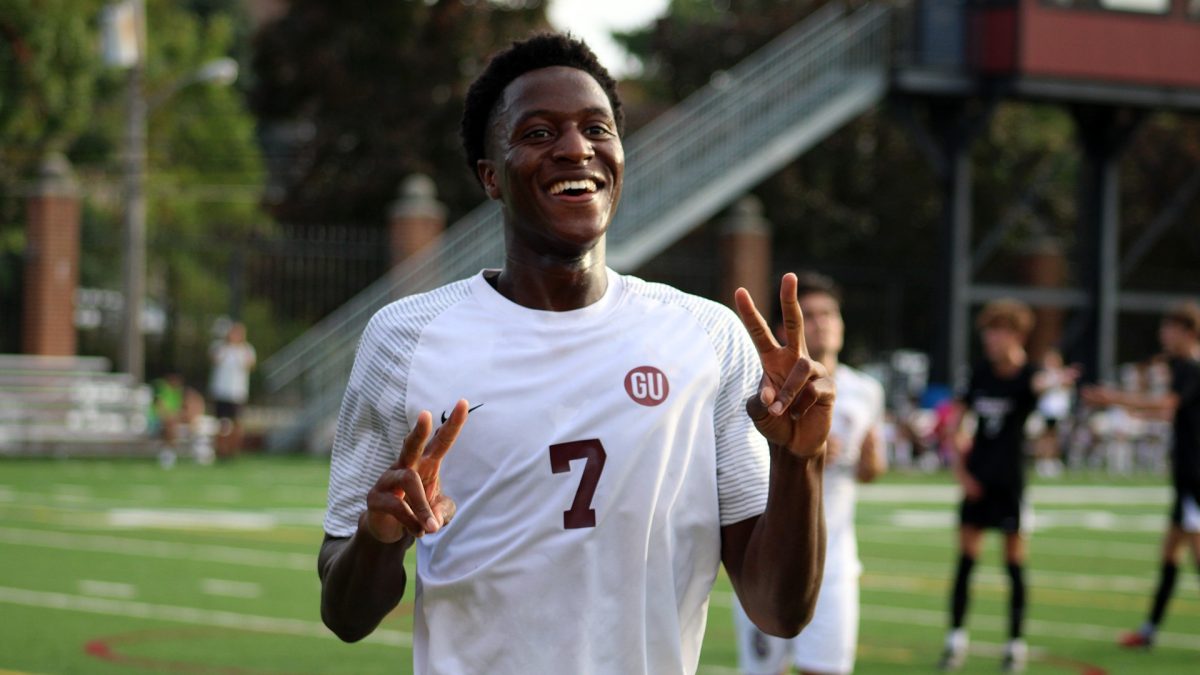Michele Roth-Kaufmann and Davide Piovesan, Ph.D., were selected as the 2016 recipients of the Cooney-Jackman Awards.
The Cooney-Jackman Endowed Professorships were established in 2011 to provide necessary time and resources to select Gannon faculty members to help start new research endeavors or further current projects.
The Cooney-Jackman Endowed Professorship is named for and funded by its two founders, Christopher Cooney and Brian Jackman.
Both Cooney and Jackman are 1963 graduates of Gannon and worked together at Tellabs, a company co-founded by Cooney that designs and develops telecommunications networking products for global patrons.
This endowed professorship not only benefits its recipients, but also their students, instruction of material in their field and Gannon’s nationally recognized reputation as a premier institute of higher learning.
“Knowledge is like our own flashlight when we walk in the dark,” Piovesan said. “Only the things that are illuminated within the finite space that our flashlight can reach can be seen by us and others.
“Research is what we do to make the environment surrounding us a little lighter so that we can see things more clearly.”
Roth-Kaufmann, a professor in the physician assistant program who holds a law degree, will be conducting her research on Verucca plantaris, more commonly known as plantar warts.
Plantar warts occur as a result of HPV, which affects approximately 15 million people throughout the United States.
Roth-Kaufmann’s research will focus on decreasing primary occurrence of plantar warts as well as reoccurrence through the use of prophylactic antivirals.
Current methods of treatment include topical therapy and resection after infection has already set in, which often fail.
“We hypothesize that Verruca Plantaris warts of the feet can be prevented through the use of topical anti-viral prophylaxis and propose a clinical research trial to demonstrate efficacy,” Roth-Kaufmann said.
“If demonstrated, a shift in treatment paradigm could occur, moving from the current standard [of treatment] after occurrence to that of preventing primary infection and recurrence.”
Piovesan, the director of the biomedical engineering program, aims to improve the condition of individuals who suffer from neurological disorders through the use of aquatic therapy.
There is currently a limited amount of evidence that the use of water therapy or performing certain movements while the body is partially immersed in water, helps to improve motor function and alleviate pain.
Piovesan and the other researchers on his team are currently building a system of underwater cameras that will be used to quantify the progress of impaired individuals during aquatic therapy.
The biomedical engineering department is working in collaboration with the Morosky School of Health Professions and Sciences, the computer science department and international collaborators at the Universidad Autónoma de San Luis Potosí in Mexico.
Piovesan believes that it is important to collaborate with other people while conducting his research because of the unique perspectives they bring.
“Research is not an endeavor to do by yourself because your own flashlight will never be able to illuminate more than what a group of well-coordinated people can do,” Piovesan said.
LYDIA FENNESSY
[email protected]
Categories:
Cooney-Jackman Awards benefit professors
April 5, 2016
Story continues below advertisement
0
More to Discover


